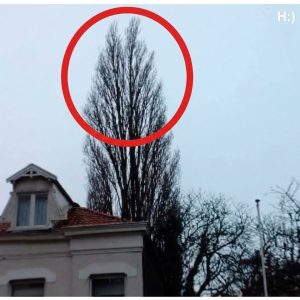California has long led U.S. environmental efforts, pioneering stricter vehicle emissions standards and pushing for a transition to electric vehicles (EVs). This autonomy, rooted in the Clean Air Act of 1970, allowed the state to address severe air pollution through waivers enabling tougher regulations.
However, recent U.S. Senate actions threaten California’s ability to set its own emissions standards, sparking a legal and political clash. Advocates argue this rollback harms vulnerable communities—particularly in places like Fresno and Los Angeles—where pollution disproportionately affects communities of color. Health consequences, such as high asthma rates and premature deaths, highlight the personal stakes involved. Critics, including policy analysts and environmental justice groups, see the reversal of California’s EV mandate as a setback for public health and a blow to environmental progress.





